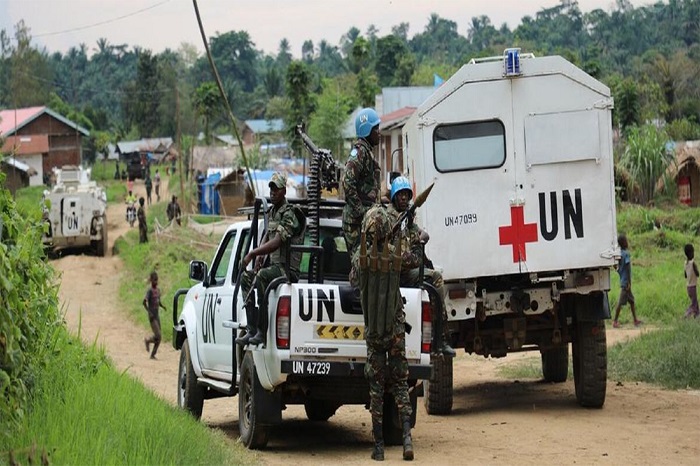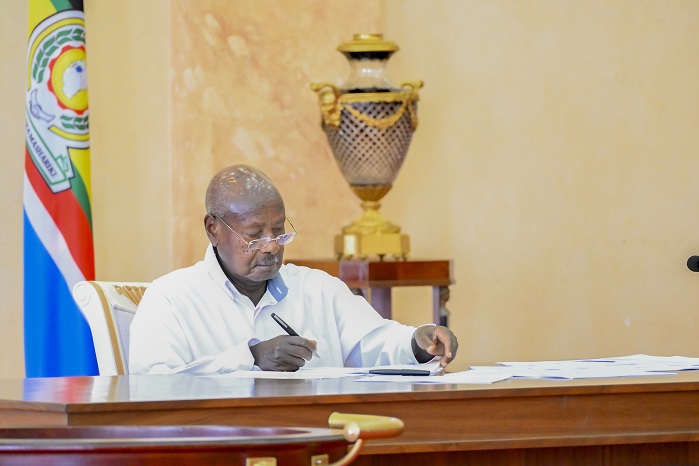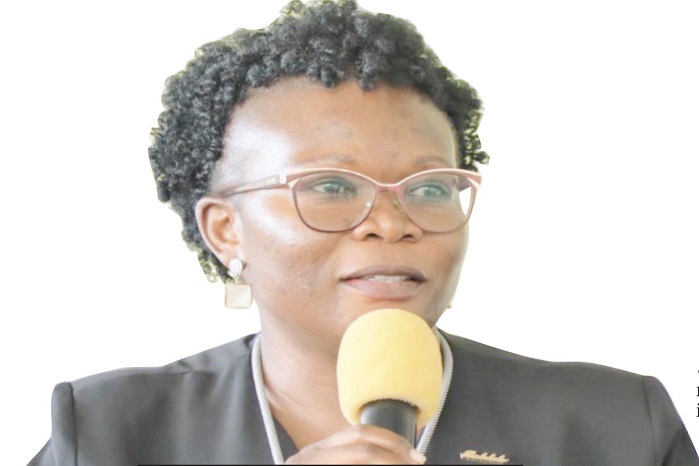
UN peacekeeping force in DR Congo
keeping force in DR Congo
Kampala, Uganda I HABARI DAILY I The United Nations peacekeeping mission in the Democratic Republic of Congo (DRC), known as Monusco, has officially signed a withdrawal plan for its troops from the nation, as announced on Wednesday. However, specific details regarding the timeline of the withdrawal were not disclosed.
In a statement, Monusco stated that it had “co-signed a note on the accelerated, gradual, orderly, and responsible withdrawal” from the country. The note reportedly contains a plan and timeline for the withdrawal, organized into three distinct phases, although the mission did not elaborate on the specifics.
Monusco, one of the largest and most expensive UN peacekeeping missions globally, operates with an annual budget of approximately $1 billion. Its presence in the Democratic Republic of Congo dates back to 1999, with the primary objective of maintaining peace and stability in the region. However, despite these efforts, militia violence, particularly in the eastern part of the country, has persisted.
The eastern DRC has been plagued by dozens of active armed groups, a consequence of regional conflicts that erupted in the 1990s and 2000s. Monusco’s current peacekeeping force, comprising 14,000 troops, has faced criticism for its perceived ineffectiveness in curbing violence, contributing to its unpopularity among the local population.

The decision to withdraw comes amid longstanding calls from the Congolese government for Monusco’s “accelerated” departure. The government has expressed a desire to assume greater responsibility for its internal security.
While Monusco did not disclose specific details about the withdrawal timeline, the announcement marks a significant development in the mission’s trajectory. The move reflects a reevaluation of the UN’s approach in the DRC, with an emphasis on supporting local authorities in addressing ongoing security challenges.
As the withdrawal plan progresses, attention will be closely focused on the evolving security situation in the region and the capacity of the Congolese government to manage internal stability in the absence of the UN peacekeeping mission.




